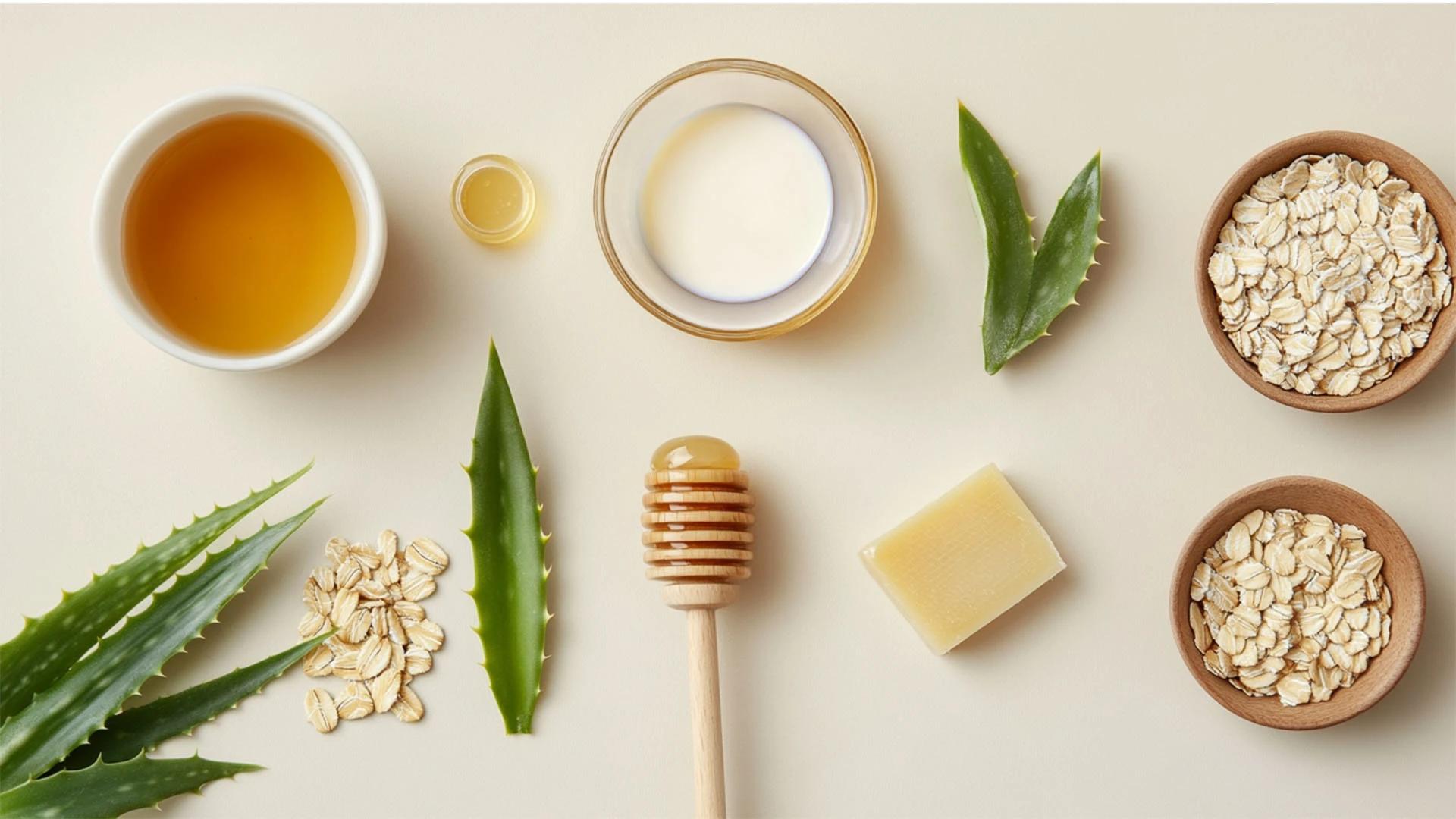Biotin gets all the attention in hair growth conversations, and for good reason. This B-vitamin helps produce keratin and supports the health of hair follicles. While severe biotin deficiency is rare, getting enough through natural biotin sources can support your hair's strength and growth.
Eggs, nuts, seeds, sweet potatoes, and avocados are brilliant natural sources. Your gut bacteria also produce some biotin, which is another reason to keep your digestive system happy.
Omega-3 Fatty Acids: Nourishment for Scalp and Hair Follicles
Omega-3 fatty acids and hair health go hand in hand. These healthy fats reduce inflammation around hair follicles and keep your scalp moisturised from the inside out. They also support the natural oils that keep your hair shiny and protected.
Fatty fish like salmon and mackerel are brilliant sources, but you can also find omega-3s in walnuts, chia seeds, and flaxseeds. If fish isn't your thing, these plant-based options work just as well.
Vitamins for Hair Growth: A, C, D, and E
Each of these vitamins for hair growth plays a unique role in keeping your strands healthy. Vitamin A helps produce sebum, your scalp's natural conditioner. Vitamin C builds collagen and helps iron absorption. Vitamin D supports hair follicle health, whilst vitamin E acts as an antioxidant protecting your scalp.
Carrots, citrus fruits, fatty fish, and nuts cover most of these bases. A varied diet usually provides adequate amounts of these essential vitamins.
Zinc: Supporting Hair Tissue Growth and Repair
Zinc deficiency can literally make your hair fall out in patches. This mineral supports hair tissue growth and repair whilst keeping the oil glands around follicles working properly. Without enough zinc, your hair growth cycle gets disrupted.
Zinc-rich foods for hair include oysters, pumpkin seeds, chickpeas, and cashews. Even dark chocolate contains zinc, so there's your excuse for that afternoon treat.
Top 10 Superfoods for Hair Loss Prevention
Some foods are like multivitamins for your hair—they pack multiple nutrients into one delicious package. These superfoods combine several hair-healthy nutrients, making them worth obsessing over if you're serious about reducing hair fall.
• **Salmon**: Loaded with protein, omega-3s, and vitamin D
• **Eggs**: Perfect protein source with biotin and iron
• **Spinach**: Iron, vitamins A and C, plus folate
• **Sweet potatoes**: Beta-carotene that converts to vitamin A
• **Avocados**: Healthy fats, vitamin E, and biotin
• **Nuts and seeds**: Zinc, selenium, and vitamin E
• **Greek yoghurt**: Protein, probiotics, and B vitamins
• **Berries**: Antioxidants and vitamin C
• **Oysters**: Zinc powerhouse with protein
• **Beans**: Iron, protein, and biotin all in one
Try rotating these through your weekly meals. Your hair will thank you, and your taste buds won't get bored.
Hydration and Hair Loss Prevention


 100 ml
100 ml 30 ml
30 ml 90 N
90 N